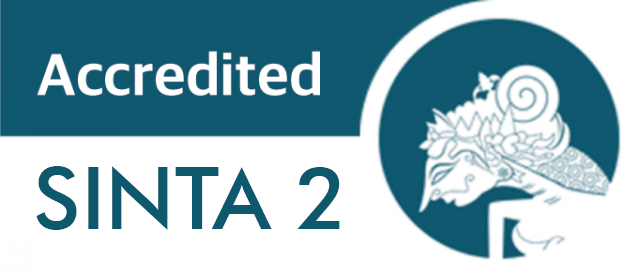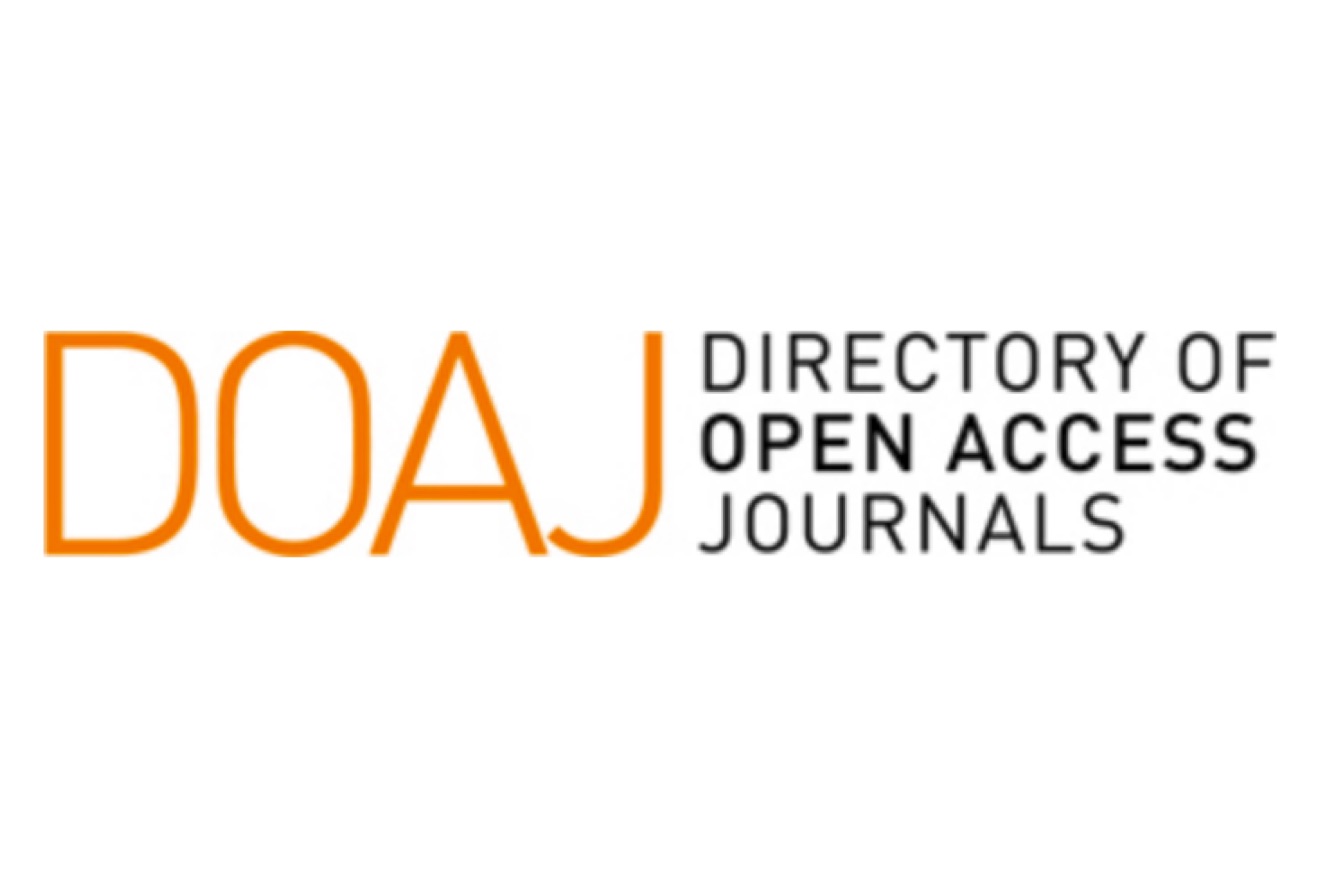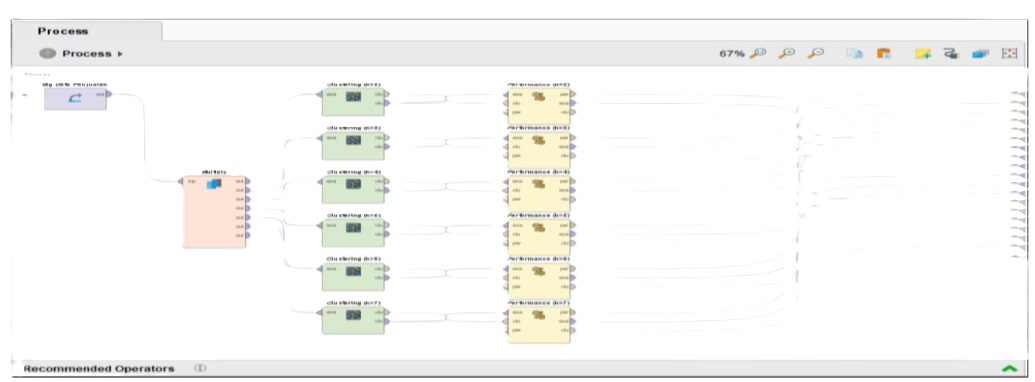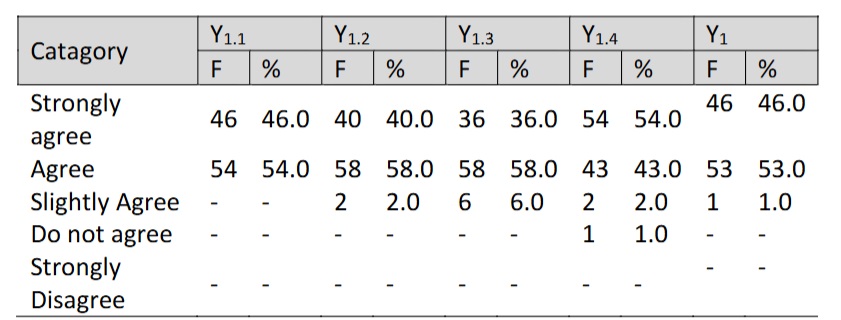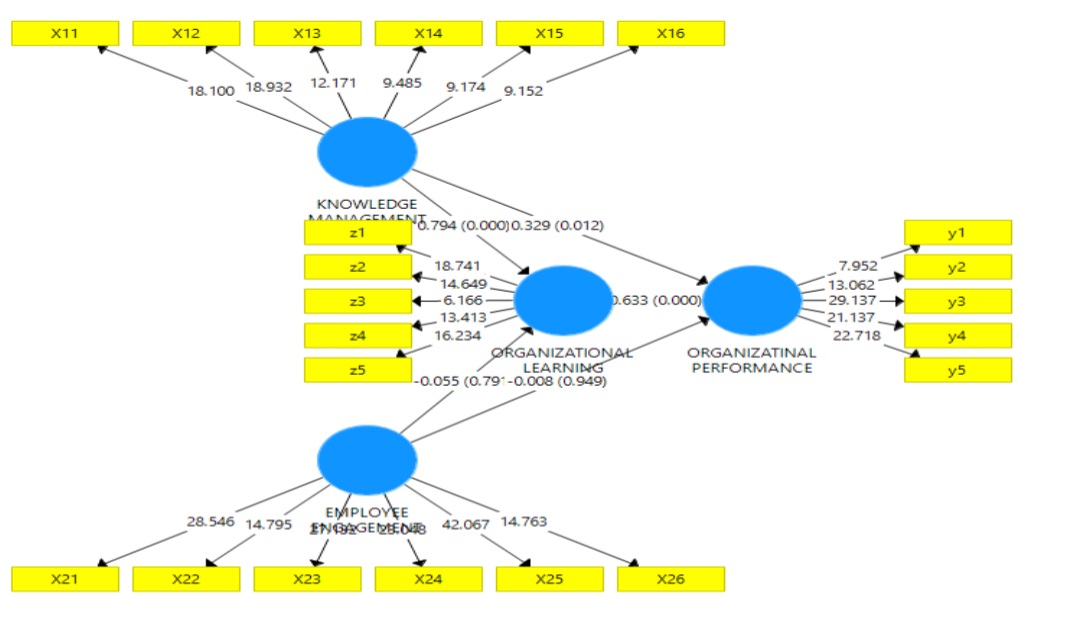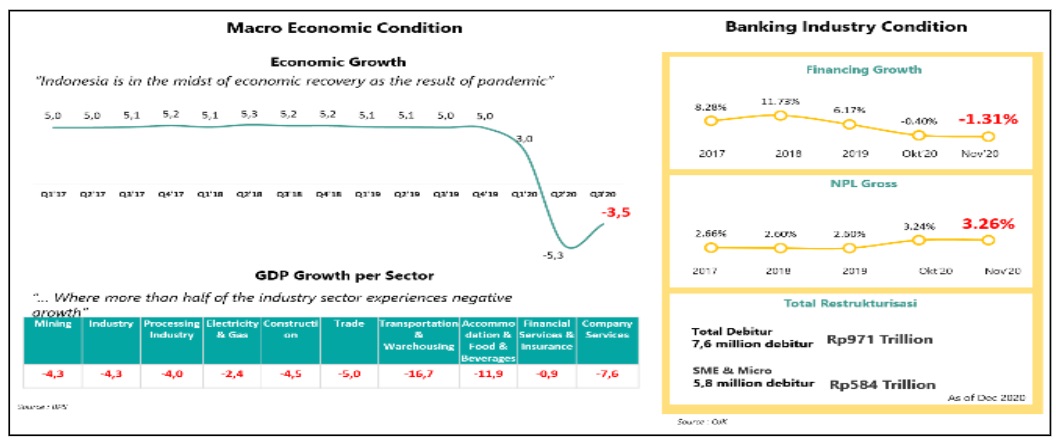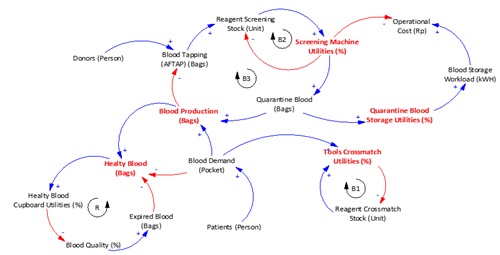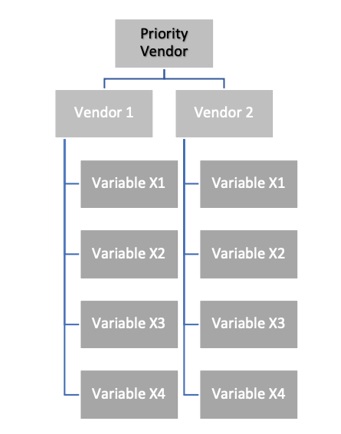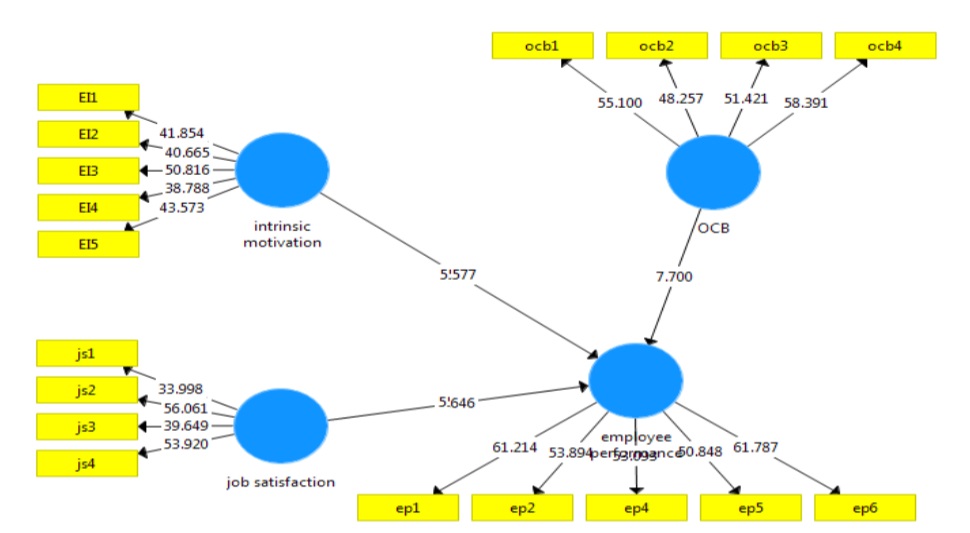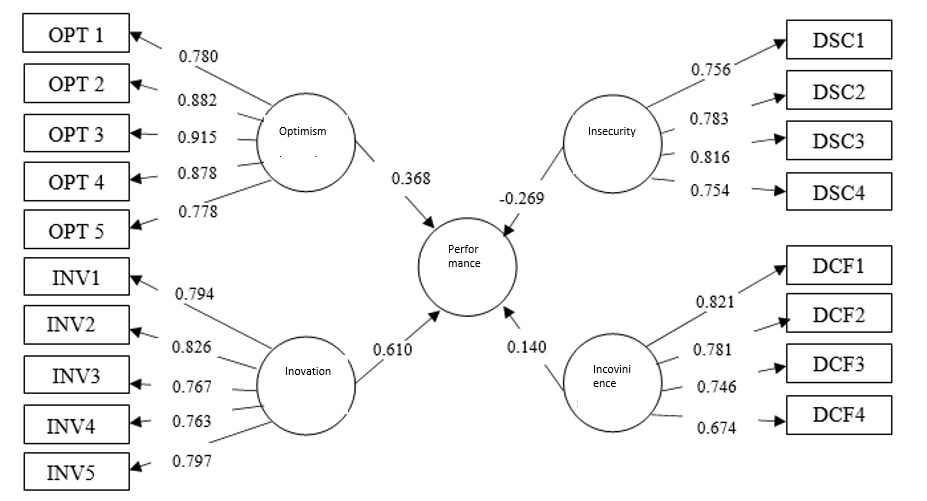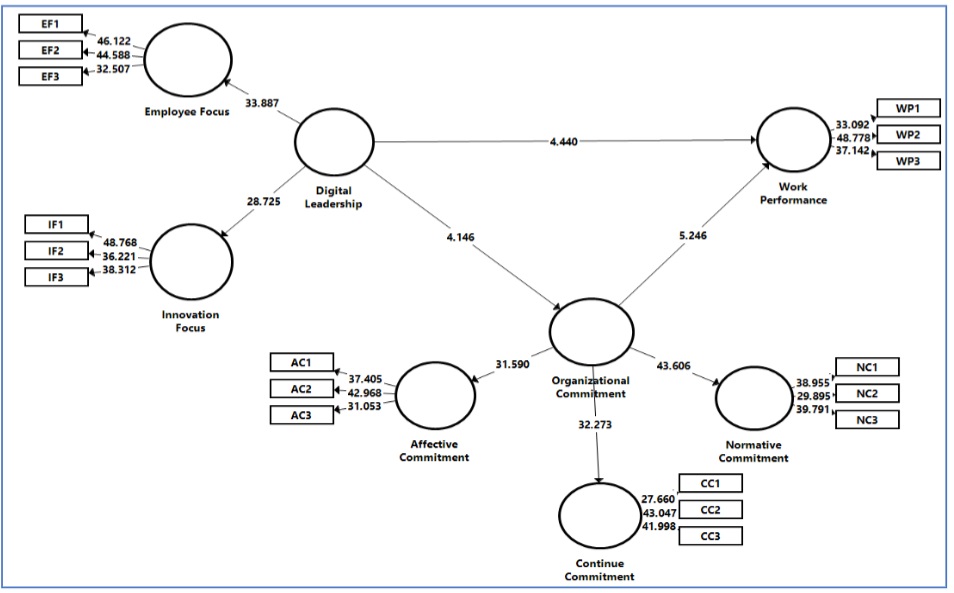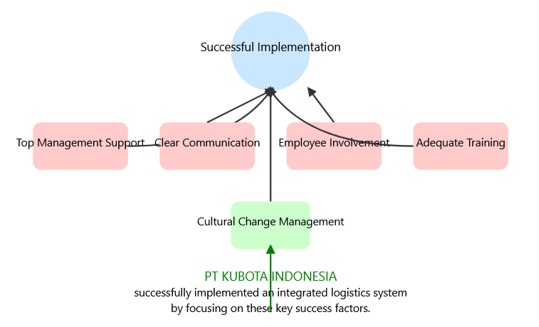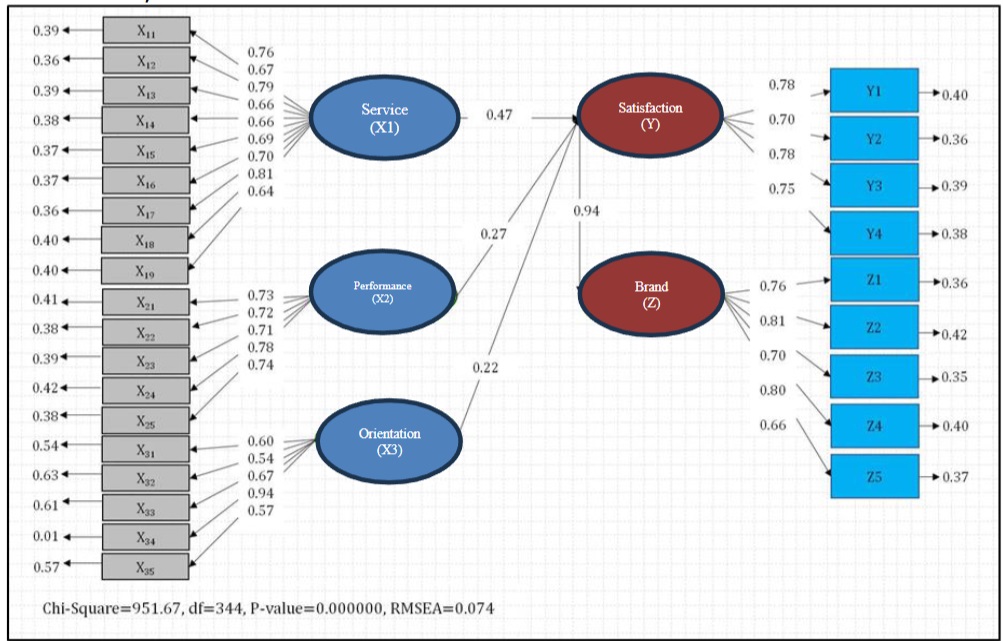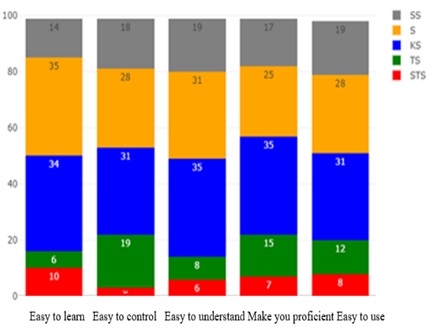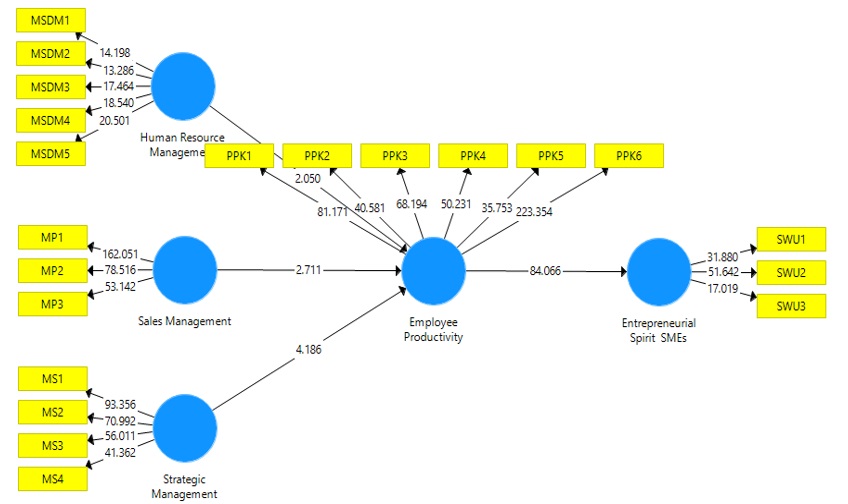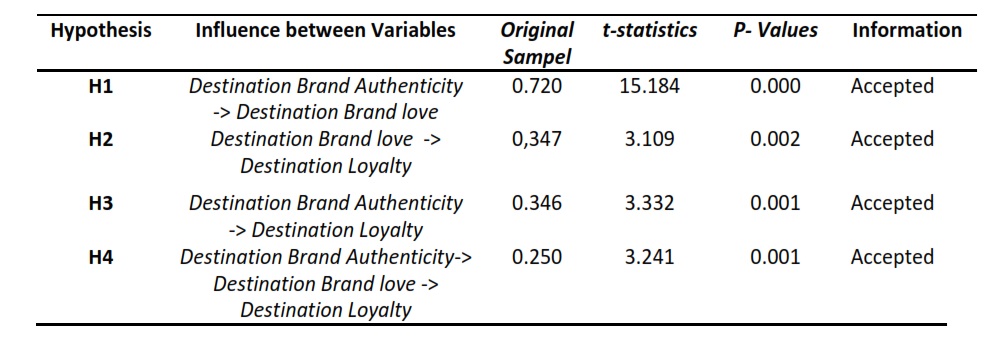The Role of Digital Leadership and Employee Empowerment on Employees Performance in the Manufacturing Industry in the Era of Society and Industry Revolution 5.0
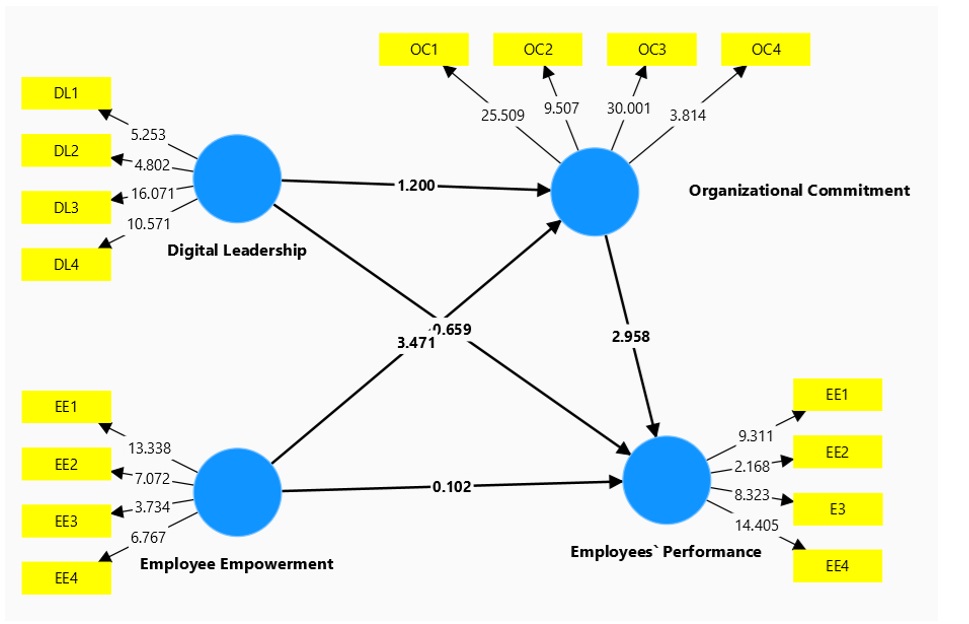
Downloads
This research aims to analyze the relationship between digital leadership on employees' performance, digital leadership on organizational commitment, organizational commitment and employees' performance. Research respondents are 456 employees who work in the manufacturing industry The criteria for respondents are permanent employees, at least have worked for at least 5 years. This study is quantitative research using the Structural Equation Model (SEM) partial Least Square method, with data processing and analysis using SPSS 26 and SmartPLS 3.0 software. The majority of hypotheses developed in this research have been successfully proven, where digital leadership and employee empowerment have a direct influence on employee performance which is mediated by organizational commitment. between digital leadership and employee empowerment, organizational commitment and employee performance in the era of society 5.0.
Downloads
[1] K. Nadeem, S. I. Wong, S. Za, and M. Venditti, "Digital transformation and industry 4.0 employees: Empirical evidence from top digital nations," Technology in Society, vol. 76, p. 102434, 2024.
[2] P. Phakamach, "Digital leadership development model for science school administrators in Thailand," RICE Journal of Creative Entrepreneurship and Management, vol. 4, no. 1, pp. 14-26, 2023.
[3] M. Ahyat, S. Sahar, O. Afriwan, E. Y. Saniah, and A. M. Saputra, "Digital Transformational Leadership A Village Head On Organizational Citizenship Behavior Through Work Climate And Job Satisfaction Village Officials In Lombok Island," Jurnal Manajemen Industri dan Logistik, vol. 6, no. 2, pp. 242-255, 2022.
[4] V. Niță and I. Guțu, "The role of leadership and digital transformation in higher education students’ work engagement," International Journal of Environmental Research and Public Health, vol. 20, no. 6, p. 5124, 2023.
[5] N. Moreira Mero, A. Hidalgo Fernández, M. I. Loor Alcívar, and F. González Santa Cruz, "Influence of internal marketing dimensions on organizational commitment: an empirical application in ecuadorian co-operativism," Sage Open, vol. 10, no. 3, p. 2158244020945712, 2020.
[6] W. Kurniawan and D. Soediantono, "The role of digital transformation and leadership style on financial performance of defense industries," Journal of Industrial Engineering & Management Research, vol. 3, no. 3, pp. 111-119, 2022.
[7] H. Erlangga, I. Rustandi, F. Riadi, and I. Hindarsah, "ENTREPRENEURSHIP SPIRIT IN THE DIGITAL ERA: HOW THE ROLE OF ATTITUDES, EDUCATION AND ENVIRONMENT," Jurnal Manajemen Industri dan Logistik, vol. 5, no. 2, pp. 181-193 %@ 2598-5795, 2021.
[8] A. Azmy, "Effect of Compensation and Organizational Commitment on Employee Performance During WFH at Digital Company," Jurnal Economia, vol. 18, no. 1, pp. 70-88, 2022.
[9] I. Kawiana, L. K. C. Dewi, P. S. Hartati, M. Setini, and D. Asih, "Effects of leadership and psychological climate on organizational commitment in the digitization era," Journal of Asian Finance, Economics and Business, vol. 8, no. 1, pp. 1051-1062, 2021.
[10] R. Bahrami, S. SadeghiBorujerdi, and R. Sabunchi, "Examining the Role of Digital Organizational Voice on Employee Empowerment With the Mediating of Social Media Organizational Acceptance in Sports Organizations," Communication Research, vol. 29, no. 112, pp. 59-85, 2022.
[11] H. Jiang and H. Shen, "Toward a relational theory of employee engagement: Understanding authenticity, transparency, and employee behaviors," International Journal of Business Communication, vol. 60, no. 3, pp. 948-975, 2023.
[12] L. W. Hooi and A. J. Chan, "Does workplace digitalization matter in linking transformational leadership and innovative culture to employee engagement?," Journal of Organizational Change Management, vol. 36, no. 2, pp. 197-216, 2023.
[13] T. Fatima and A. Masood, "Impact of digital leadership on open innovation: a moderating serial mediation model," Journal of Knowledge Management, vol. 28, no. 1, pp. 161-180, 2024.
[14] J. G. Caillier, "Transformational leadership and whistle-blowing attitudes: Is this relationship mediated by organizational commitment and public service motivation?," The American Review of Public Administration, vol. 45, no. 4, pp. 458-475, 2015.
[15] M. Sagbas, O. Oktaysoy, E. Topcuoglu, E. Kaygin, and F. A. Erdogan, "The mediating role of innovative behavior on the effect of digital leadership on intrapreneurship intention and job performance," Behavioral Sciences, vol. 13, no. 10, p. 874, 2023.
[16] E. Hosseini and J. J. Ferreira, "The impact of ethical leadership on organizational identity in digital startups: does employee voice matter?," Asian Journal of Business Ethics, vol. 12, no. 2, pp. 369-393, 2023.
[17] A. J. Chan, L. W. Hooi, and K. S. Ngui, "Do digital literacies matter in employee engagement in digitalised workplace?," Journal of Asia Business Studies, vol. 15, no. 3, pp. 523-540, 2021.
[18] P. Gilbert and A.-C. Teglborg, "The symbiotic relationship between digital transformation and renewed employee empowerment in the industrial sector: a case study 1," Revue de gestion des ressources humaines, no. 4, pp. 29-43, 2021.
[19] S. M. Hizam, H. Akter, I. Sentosa, W. Ahmed, M. N. Masrek, and J. Ali, "Predicting Workforce Engagement towards Digital Transformation through a Multi-Analytical Approach," Sustainability, vol. 15, no. 8, p. 6835, 2023.
[20] S. Hadi, L. Setiawati, K. C. Kirana, S. B. Lada, and C. H. T. Rahmawati, "The effect of digital leadership and organizational support on innovative work behavior: the mediating role of emotional intelligence," Calitatea, vol. 25, no. 199, pp. 74-83, 2024.
[21] N. Faliza, D. Irwansyah, C. N. M. Zahab, and Y. S. Wati, "Analysis Of Organizational Culture, Work Engagement, Transactional Leadership On Organizational Commitment And Their Impact On Improving The Performance Of The Aceh Province National Police Apparatus," Educational Administration: Theory and Practice, vol. 30, no. 2, pp. 828-837, 2024.
[22] A. Cahyadi et al., "Leadership styles, high-involvement human resource management practices, and individual employee performance in small and medium enterprises in the digital era," Economies, vol. 10, no. 7, p. 162, 2022.
[23] M. A. Demircioglu, "The effects of innovation climate on employee job satisfaction and affective commitment: Findings from public organizations," Review of Public Personnel Administration, vol. 43, no. 1, pp. 130-158, 2023.
[24] N. Cobanoglu, "The Relationship between Shared Leadership, Employee Empowerment and Innovativeness in Primary Schools: A Structural Equation Modeling," European Journal of Educational Research, vol. 10, no. 1, pp. 327-339, 2021.
[25] E. G. Carayannis and J. Morawska-Jancelewicz, "The futures of Europe: Society 5.0 and Industry 5.0 as driving forces of future universities," Journal of the Knowledge Economy, vol. 13, no. 4, pp. 3445-3471, 2022.
[26] M. Alagaraja and B. Shuck, "Exploring organizational alignment-employee engagement linkages and impact on individual performance: A conceptual model," Human Resource Development Review, vol. 14, no. 1, pp. 17-37, 2015.
[27] A. Purwanto, "The Role of Digital Leadership, e-loyalty, e-service Quality and e-satisfaction of Indonesian E-commerce Online Shop," International Journal of Social and Management Studies, vol. 3, no. 5, pp. 51-57, 2022.
Copyright (c) 2024 Bestadrian Prawiro Theng, Calen Calen, Nagian Toni

This work is licensed under a Creative Commons Attribution 4.0 International License.
JMIL Jurnal Manajemen Industri dan Logistik (Journal of Industrial and Logistics Management) is an Open Access Journal. The authors who publish the manuscript in JMIL Jurnal Manajemen Industri dan Logistik agree to the following terms:

JMIL Jurnal Manajemen Industri dan Logistik is licensed under a Creative Commons Attribution 4.0 International License. This permits anyone to copy, redistribute, remix, transmit and adapt the work provided the original work and source is appropriately cited.
This means:
(1) Under the CC-BY license, authors retain ownership of the copyright for their article, but authors grant others permission to use the content of publications in JMIL Jurnal Manajemen Industri dan Logistik in whole or in part provided that the original work is properly cited. Users (redistributors) of JMIL Jurnal Manajemen Industri dan Logistik are required to cite the original source, including the author's names, JMIL Jurnal Manajemen Industri dan Logistik as the initial source of publication, year of publication, volume number, issue, and Digital Object Identifier (DOI); (2) Authors grant JMIL Jurnal Manajemen Industri dan Logistik the right of first publication. Although authors remain the copyright owner.













